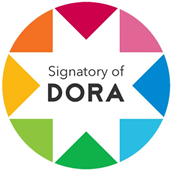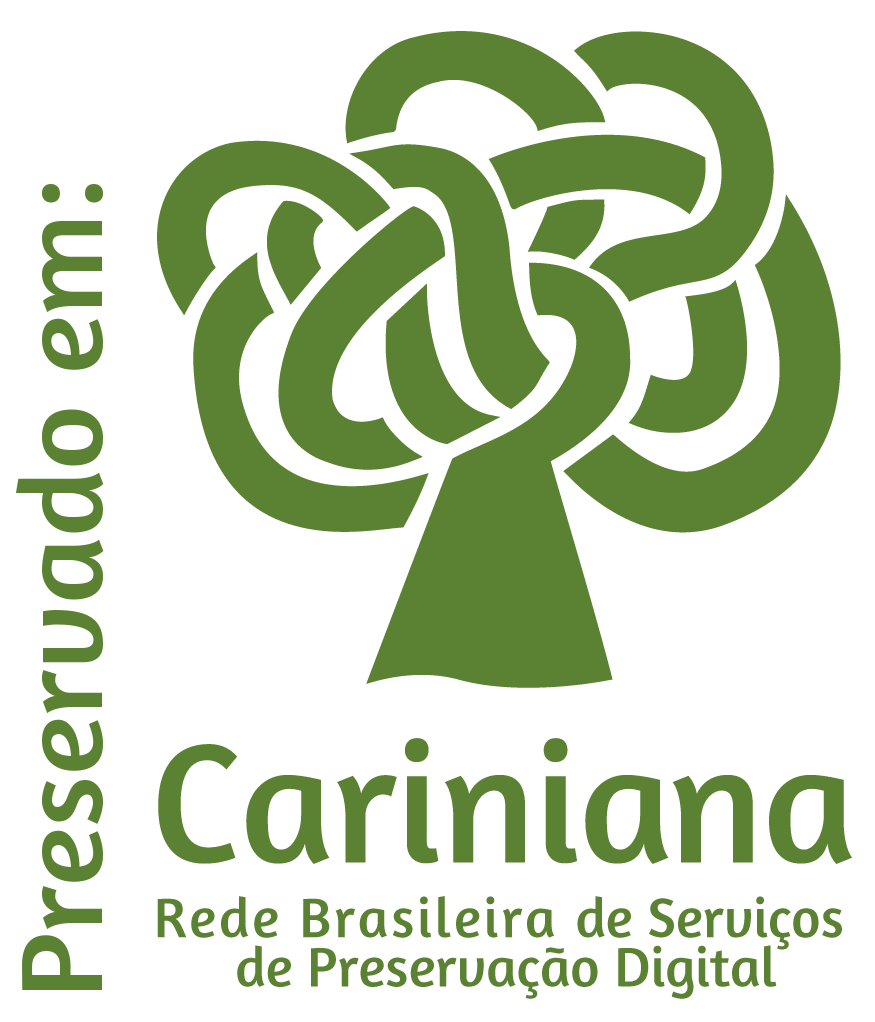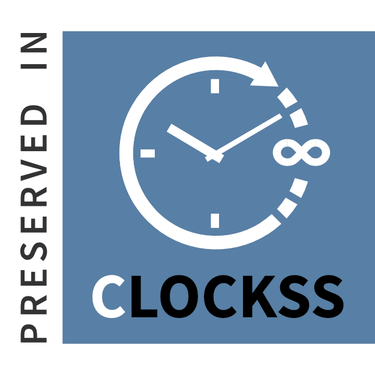Gamification in scholar Physical Education teaching in the time of COVID-19 pandemic
DOI:
https://doi.org/10.31417/educitec.v8.2021Keywords:
Teaching Physical Education, Gamification, Pedagogical didactic sequenceAbstract
This article presents the development of a gamified didactic sequence, derived from research linked to the Doctoral thesis in Teaching at the University of Vale do Taquari (UNIVATES), Lajeado/RS/Brazil. The research is justified by the need for innovative practices for teaching Physical Education at school. It aims to improve the students’ participation in Physical Education classes in high school through a gamified didactic sequence. This didactic sequence was applied during a school quarter (September to December) of the year 2021, with 80 students, from the Technical Course in Mechanics Integrated to High School at the Federal Institute of Minas Gerais in the city of Arcos/MG. All activities were developed in a virtully. The research had an experimental character, of a quanti-qualitative nature. To develop gamification in the teaching of Physical Education, activities were worked with students on various digital platforms: Neapord, Wordwall, Google Forms, Seppo, Google Sheets, Moodle. The data to verify the students' participation rate were collected on the platforms themselves, they were coded and analyzed, adopting a significance level of 5%, that is, a p-value lower than 0.05. We also resorted to Wolcolt (1994) to describe the analysis, observation and interpretation of the gamified didactic sequence. The results showed that with the use of the gamified didactic sequence there was a significant increase in students’ participation in synchronous classes, as well as in the performance of gamified activities developed.
Downloads
Metrics
References
AJELLO, A. M. Professores e Discussões: Formação e Prática Pedagógica. In: Pontecorvo, C., Ajello, A. M., & Zucchermaglio, C. Discutindo se Aprende: Interação Social, Conhecimento e Escola. Porto Alegre, RS: Artmed. 2005.
ALVES, Flora. Gamification: como criar experiências de aprendizagem engajadoras – um guia completo do conceito à prática. São Paulo: DVS, 2014.
BARBOSA, E. F.; MOURA, Dácio Guimarães de. Metodologias ativas de aprendizagem na educação profissional e tecnológica. 2. ed. Rio de Janeiro: Boletim Técnico do Senac, 2013. 20 p. Disponível em: https://www.bts.senac.br. Acesso em 20 set. 2021.
BRASIL. Ministério da Educação. Base Nacional Comum Curricular. Brasília, 2018.
BUSARELLO, Raul Inácio. Fundamentos da gamificação na geração e na mediação do conhecimento. In: SANTAELLA, Lúcia; NESTERIUX, Sérgio; FAVA, Fabrício. Gamificação em Debate. São Paulo, Blucher. 2018.
___________________. Gamification: princípios e estratégias. São Paulo: Pimenta Cultural, 2016.
CAVALLARI, C., COSTA, D. H, GODOI D., 2013. Mathema: O Processo de Aprendizado Interpretado Como um Jogo. Revista Trilha Digital. v.1, n.1. Disponível em: http://editorarevistas.mackenzie.br/ index.php/TDig/article/view/5886/4248. Acesso em 20 jan. 2020.
CORPUS, J. H., MCCLINTIC-GILBERT, M. S., & HAYENGA, A. O. Within-year changes in children’s intrinsic and extrinsic motivational orientations: contextual predictors and academic outcomes. Contemporary Educational Psychology, v.34, n. 2, p.154-166, 2009. DOI: https://doi.org/10.1016/j.cedpsych.2009.01.001
CYRINO, Eliana Goldfarf; TORALLES-PEREIRA, Maria Lúcia. Trabalhando com estrátegias de ensino-aprendizagem por descoberta na área da saúde: a problematização e aprendizado em problema; Caderno saúde pública. Rio de Janeiro, v.20, n.3, p.780-788, mai-jum, 2004. DOI: https://doi.org/10.1590/S0102-311X2004000300015
EUGÊNIO, Tiago. Aula em jogo: descomplicando a gamificação para educadores. São Paulo: Évora, 2020.
FLICK, U. Introdução à pesquisa qualitativa. Tradução Joice Elias Costa. 3. ed. Porto Alegre: Artmed, 2009.
JONHSON, L. et. al. NMC horizon report: 2014 higer education edition. Asutin: The New Media Consortium. 2014.
KALAT, J. W.. Introduction to Psychology. Wadsworth Cengage Learning, 2011.
KAPP, Karl. The gamification of learning and instruction: game-based methods and strategies for training and education. Pfeiffer, 2012. DOI: https://doi.org/10.1145/2207270.2211316
MARZINEK, A. A Motivação de adolescentes nas aulas de Educação Física. 2004. 89f. Dissertação (Mestrado em Educação Física) - Universidade Católica de Brasília, Brasília, 2004.
MATTAR, João; ALMEIDA, Felipe Drude; SOUZA, Álvaro Luiz Merici; BEDUSCHI, Jonas de Oliveira; SILVA, Camila Canuto da; SANTOS, Beatriz Ribeiro dos; AMARAL, João Wagner Ribeiro; SPROVIERI Renan. Gamificação e jogos para metodologia científica: proposta de jogo de tabuleiro e game. In: SBC – Proceedings of SBGames 2017/ XVI SBGames,16., Curitiba, 2017. Anais, Curitiba,2017.Disponível em: https://www.sbgames.org/sbgames2017/papers/CulturaFull/174979.pdf. Acesso em: 10 jan. 2022.
MINAYO, M. C. de S. Pesquisa social: teoria, método e criatividade. 7. ed. Petrópolis: Vozes, 1997.
MORAN, J. M; MASETTO, M. T; BEHRENS, M. A. Novas Tecnologias e mediação pedagógica. 21. ed. São Paulo: Papirus, 2013.
MORAN, José. Metodologias Ativas para uma aprendizagem mais profunda. In: BACICH, Lilian; MORAN, José (Orgs.). Metodologias Ativas para uma educação inovadora: uma abordagem teórico-prática. Porto Alegre: Penso, 2018.
ORLANDI, Tomás Roberto Cotta; DUQUE, Claudio Gottschalg; MORI, Alexandre Mori. Gamificação: uma Nova Abordagem Multimodal para a Educação. Biblios, Brasília, n.70, 2018. Disponível em: http://www.scielo.org.pe/pdf/biblios/n70/a02n70.pdf. Acesso em 20 fev 2020. DOI: https://doi.org/10.5195/BIBLIOS.2018.447
PAIVA, M. L. M. F. & BORUCHOVITCH, E. Orientações motivacionais, crenças educacionais e desempenho escolar de estudantes do ensino fundamental. Psicologia em Estudo, n. 15, v. 2, p. 381-389, 2010. DOI: https://doi.org/10.1590/S1413-73722010000200017
SANTROCK, J. W. Educational psychology. 5. ed. New York: McGraw-Hill, 2011.
SEABORN, K; FEELS, D. I. Gamification in theory and action: a survey. Hunan-Computer Studies, v. 74, p. 14-31, 2015. DOI: https://doi.org/10.1016/j.ijhcs.2014.09.006
SIMÕES, J; REDONDO R. D; VILAS, A. F. A social gamfication framework for a k-6 learning plataform. Computers in Human Behavior, v. 29, n. 2, p. 345-353, 2013. DOI: https://doi.org/10.1016/j.chb.2012.06.007
WERBACH, KEVIN. Gamificação. Cousera. Universidade da Pensilvanea. 2021. Acesso em: 28 set. 2021. Disponível em: https://www.coursera.org/learn/gamification/home/welcome.
WOLCOTT, H. F. Transforming qualitative data: Description, analysis, and interpretation. Thousand Oaks, CA: Sage, 1994.
Published
How to Cite
Issue
Section
License

This work is licensed under a Creative Commons Attribution 4.0 International License.
This work is licensed under a Creative Commons Attribution 4.0 International License
This license allows others to share, copy, redistribute material in any medium or format, adapt, remix, transform and develop the material based on their work, even if commercially, giving due credit and providing a link to the license.
The published articles are the property and full responsibility of their authors, who may have them for later publication, always including the original edition, and EDUCITEC Magazine does not have any legal responsibility for its content.

















